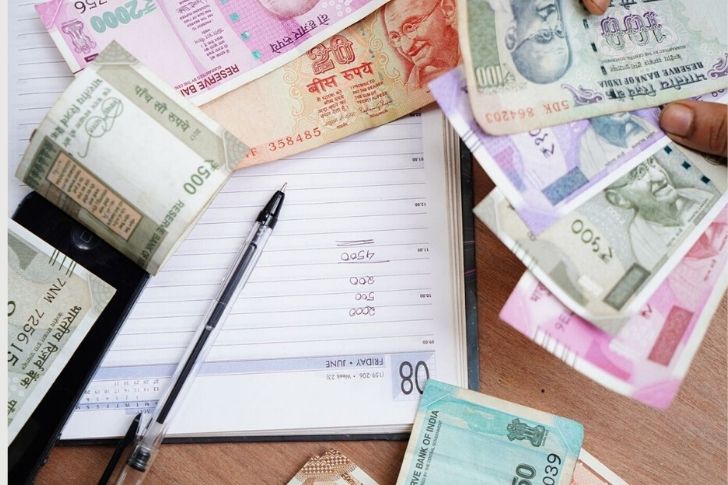Should You Have More Than One Bank Account?
Having one bank account provides a lot of benefits and, at the same time, a lot of responsibility as well. However, it’s common to ask about the benefits of having more than one. Some frequently asked questions include questions about the pros and cons of having two different types of bank accounts, whether or not they should be under the same bank, and the like.
To ease your mind, here’s a quick primer to help you decide if you need more than one bank account.
So, do you absolutely need to have more than one bank account?
Financial advisors and bankers will say “no”. There’s really no reason to have accounts at different banks. Having the basic types of bank accounts like savings and checking accounts under one bank is probably the best move.
Why?
Firstly, keeping your financial business limited to one bank makes everything more streamlined, from banking services to account management. If you have an issue, you don’t have to call two banks to verify transactions – you just have to call one. You don’t have to worry about multiple checkbooks, pin codes, and routing numbers.
More importantly, you have your money centralized in one place thus reducing the risk of overdraft dues, transfer fees, and the like.

Secondly, the fewer banks you work with, the lower the risk of account fraud and identity theft. Many people have been nearly driven into bankruptcy due to fraud. If you have your personal data in the hands of just one bank, the less likely it’ll fall on somebody else’s hands. Additionally, if you just work with one bank, you’d know who to call in case something as unfortunate as identity theft occurs.
However, there is still merit in having more than one bank account.
For one, if you have a specific reason for wanting some of your money separate. This is very helpful for individuals who are building discipline in terms of money management. For example, you may want to separate your emergency fund from your checking account to make it difficult to access, thus keeping it safe from being spent.
It could also help with investments. You may want to separate your investment money from your long-term savings account since investing can be a lot riskier than letting your money sit in the bank to accrue interest.

However, still, given these scenarios, it’s best to educate yourself with the measures and services your bank provides. Some of them provide a service that lets you create several accounts for each of your goals.
Another plausible reason to have a separate bank account is when you’re in the process of transitioning to another account completely. Perhaps you’re moving states or countries, or you just found a better bank for you.
It doesn’t take a finance degree to know your goals. If this is the case, making a slow transition is better than just suddenly pulling out all your savings and piling it in the new bank’s account. This allows you to make sure that you’re not forgetting any automatic bills payment linked to your old account.
Lastly, you may also consider multiple accounts if you’re chasing interest rates. Some banks may offer higher interest rates on savings accounts or CDs. It’s best to keep most of your money in your primary account while experimenting in chasing higher interest rates to stay safe.
If you have separate accounts simply because of chance or situational convenience, it’s best to close the ones you don’t frequently use and centralize your finances. Choose to stick to one bank that provides most, if not all, the services you want. Simplify and organize, and then move on to bigger things.
shameersrk/pixabay
GotCredit/Flickr
stevepb/Flickr
